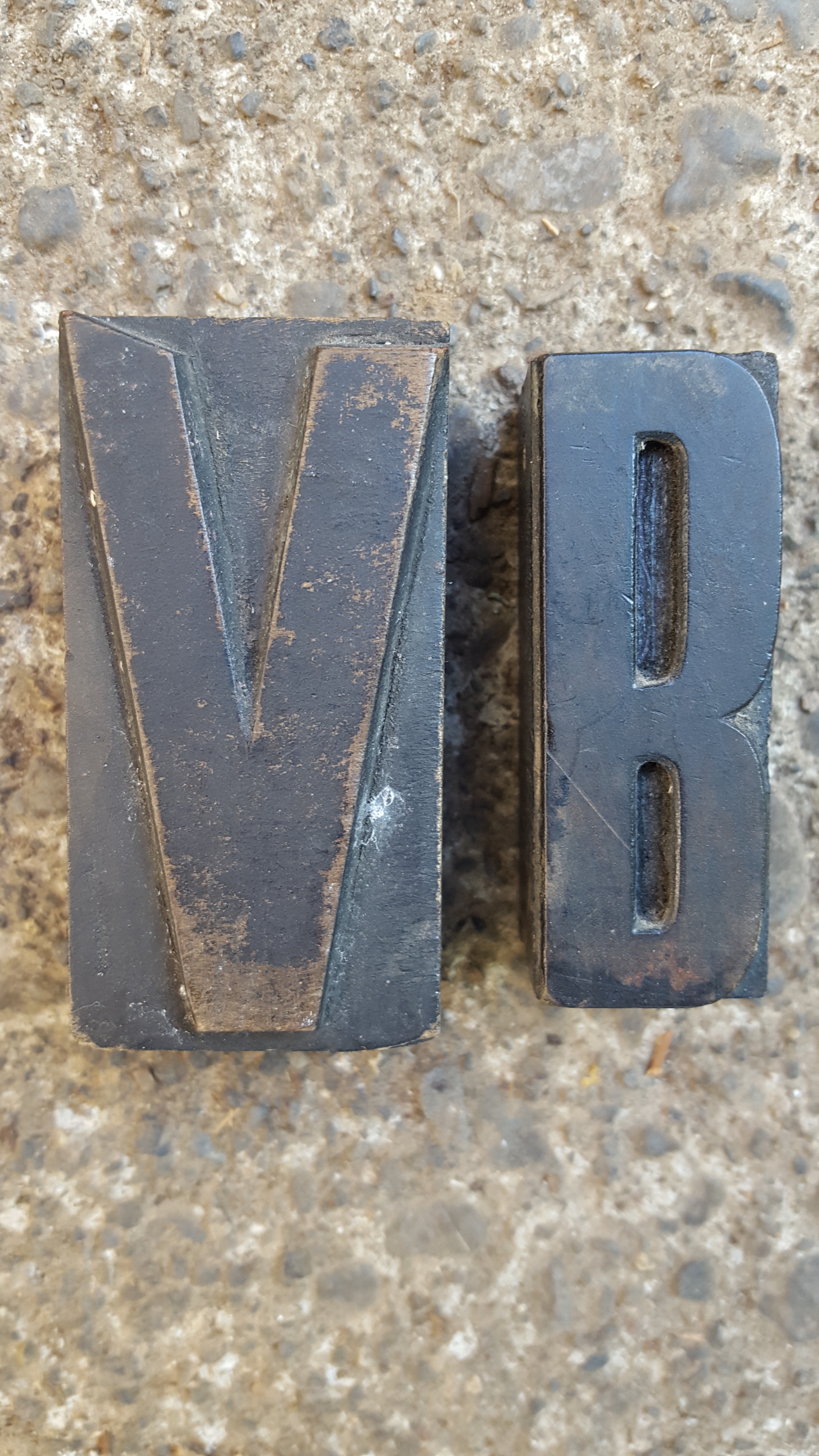Introduction for Bette Lynch Husted
August 19, 2018
by Virginia Bellis Brandabur
It is such a pleasure to welcome our next reader, Bette Lynch Husted, here all the way from Eastern Oregon, because Bette, as chair of the Pendleton Center for the Arts First Draft Writers’ Series, is herself so often welcoming other writers to share their work. Bette has loved and shared words and stories her whole life, as a young girl swapping scarce library books with her sister, later teaching literature at high schools and Blue Mountain Community College, and for years driving all the way across the state for her beloved workshop group. Bette shares her own words through many genres, with two collections of essays, a book of poetry, and as of this summer, a novel. Her collection of memoir essays, Above the Clearwater: Living on Stolen Land, was a finalist for the Oregon Book Award and WILLA Award for creative nonfiction. She has been a Fishtrap fellow and an Oregon Arts Commission recipient. Now she contributes a monthly column about writing to the Eastern Oregonian, “From Here to Anywhere.”
Perhaps Bette’s work has centered around sharing stories, because, as she says, “I’ve been troubled all my life by the story we don’t tell.” In her poem, “Moonlight at the Indian Boarding School,” a nun confesses, “I did not mean to kill the boy. /I taped his mouth closed only /to let the lye soap burn away /that guttural /forbidden /tongue.” Yet there is no one to hear her confession, not a priest, not even God; in silencing the boy she has also silenced herself. This image, of violence and racism, of shame and silence, is at the heart of much of Bette work, including her new novel. In All Coyote’s Children, Bette explores how shame – of origin or identity, of grief or loss, abuse or neglect, war and genocide – how shame of any trauma – often becomes silence, and how the weight of holding onto that silence becomes ever heavier and more destructive as it is passed down through generations, like a landslide without the sound.
The novel opens with the observation of a woman, “her fingers laced on top of her head, elbows out, the way children do when they’ve made a mistake they wish they could take back.” Yet Bette’s description does not stop there. She writes, “But runners do it, too. Opening the cavity that holds the heart, filling the lungs, recovering.”
For Bette, to share stories, however difficult or complex they may be, is to open the heart. Words are where healing begins.
Please welcome Bette Lynch Husted.
